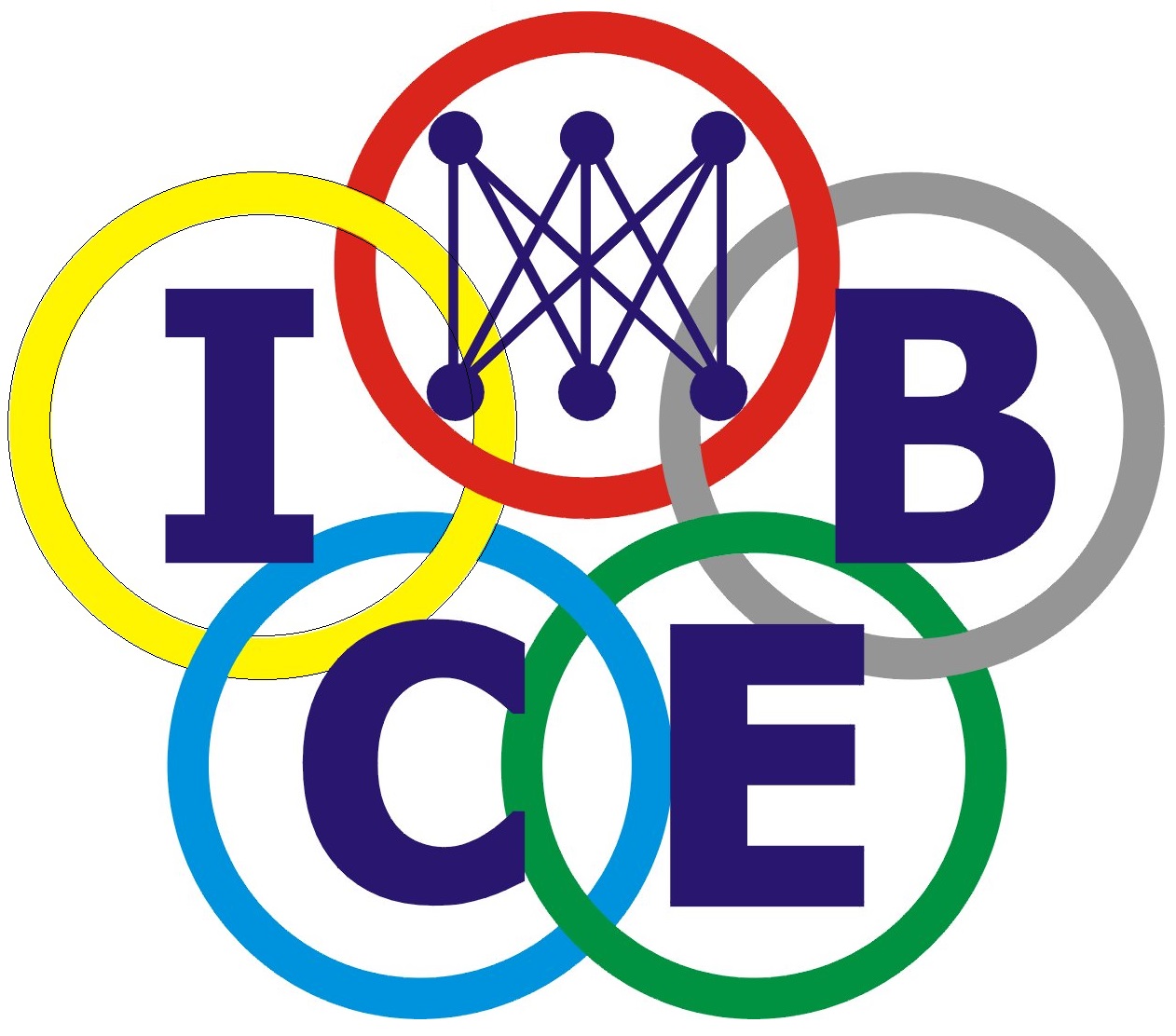Document Type
Article
Abstract
User-generated content has become increasingly important to both tourism practitioners and travel consumers. Although prior studies have demonstrated how impactful UGC is and why marketing mavens employ UGC sites in their marketing campaigns, there is still scant evidence on how to successfully manipulate them. To fill this void, we conducted a two-phase experiment study. In the experiment, first, 65 tourists were invited then grouped according to three different treatments (namely, creating travel posts to achieve the maximum ‘comments’, ‘retweets’, or ‘likes’), and one will be rewarded if he/she achieves the goal. Second, for the manipulation check, we invited another group of Chinese consumers (n =268) to rate these travel posts based on their perceptions. Our experiment results indicate that this referral rewards incentive design has significant effects on consumers’ UGC perception (the credibility, interestingness, influence of postings), behavioral intentions (purchase intention, and WOM intention), and their likelihood of social media engagement (offering ‘likes’). In addition, we also discuss the implications of the results and how to exploit this design.
Recommended Citation
Yu, Guopeng and Zou, Deqiang, "A Referral Rewards Incentive Dedign On Travel Consumer- Generated Content" (2015). ICEB 2015 Proceedings (Hong Kong, SAR China). 11.
https://aisel.aisnet.org/iceb2015/11


